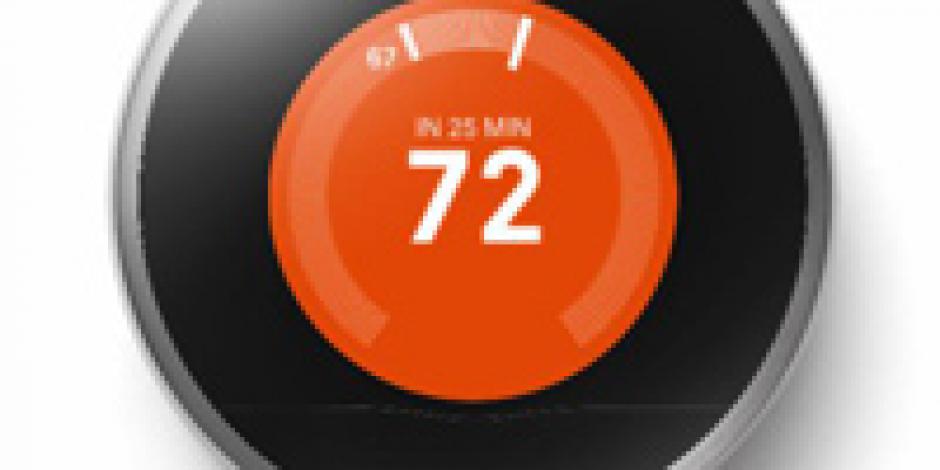
Smart technology has been fully integrated into the way we talk to each other, drive our cars, cook our food and pay for things. Whether you think this is a blessing or a curse depends largely on whether you have embraced the technology or become frustrated trying to install the latest app or device.
When it comes to your household energy consumption, there are several smart technology options that enable you to save, track or control your energy use. Which ones should you consider and why?
SMART METERS/SMART GRID
Vermont joined the smart meter movement in 2008, when state officials and utility executives announced plans to install the devices. The claim was that smart meters would benefit both utilities and consumers by allowing power prices to vary in response to demand which would encourage consumers to run power-hungry appliances like dishwashers and clothes dryers at night when demand is low.
On the opposing side, some individuals and special-interest groups expressed concern over the long-term health effects from exposure to the radio-frequency radiation emitted by smart meters. Digital data privacy concerns prompted electric companies, the federal government, and the suppliers of critical electric grid systems to work together to strengthen consumer safeguards and develop a validated data security model.
In May of 2012, the State of Vermont passed legislation allowing utility customers to opt-out for free if they did not want a smart meter installed at their home.
If your home has a smart meter, the data can help you identify easy ways to reduce electricity consumption. In this regard, Efficiency Vermont has recently launched a consumer engagement tool, the first of its kind in Vermont. Under this year-long pilot program, 100,000 Green Mountain Power customers, will receive customized home energy reports including neighborhood energy comparisons and tips to save energy.
SMART DEVICES
Our favorite smart device, hands-down, is the Nest thermostat. Turn it up, turn it down. The Nest Learning Thermostat remembers what temperatures you like, creates a custom schedule for your home, and turns itself down when you’re away. Once it’s learned your schedule, Nest can save up to 20% on your heating and cooling bills. Your smart phone, tablet or computer acts as a remote control to allow real-time control of your heating and cooling system.
In 2015 the Energy Co-op has installed more than 50 Nest thermostats in collaboration with Efficiency Vermont’s smart thermostat study. We look forward to seeing Efficiency Vermont’s results when available. Our hope is that the Nest thermostats help cut home energy use and also helps to identify homes that would benefit from energy upgrades.
BOTTOM LINE
We don’t think you should be afraid of the new smart technology. It can help you save energy and money and help your utility provide a more secure and efficient power supply for your home.
